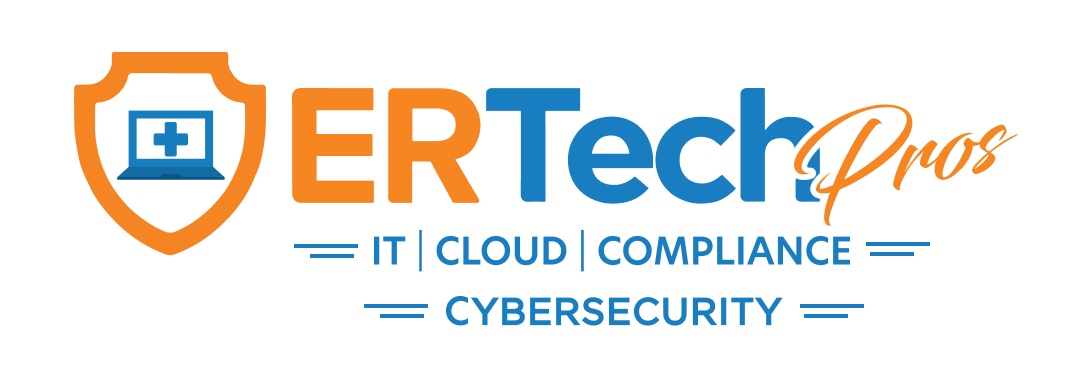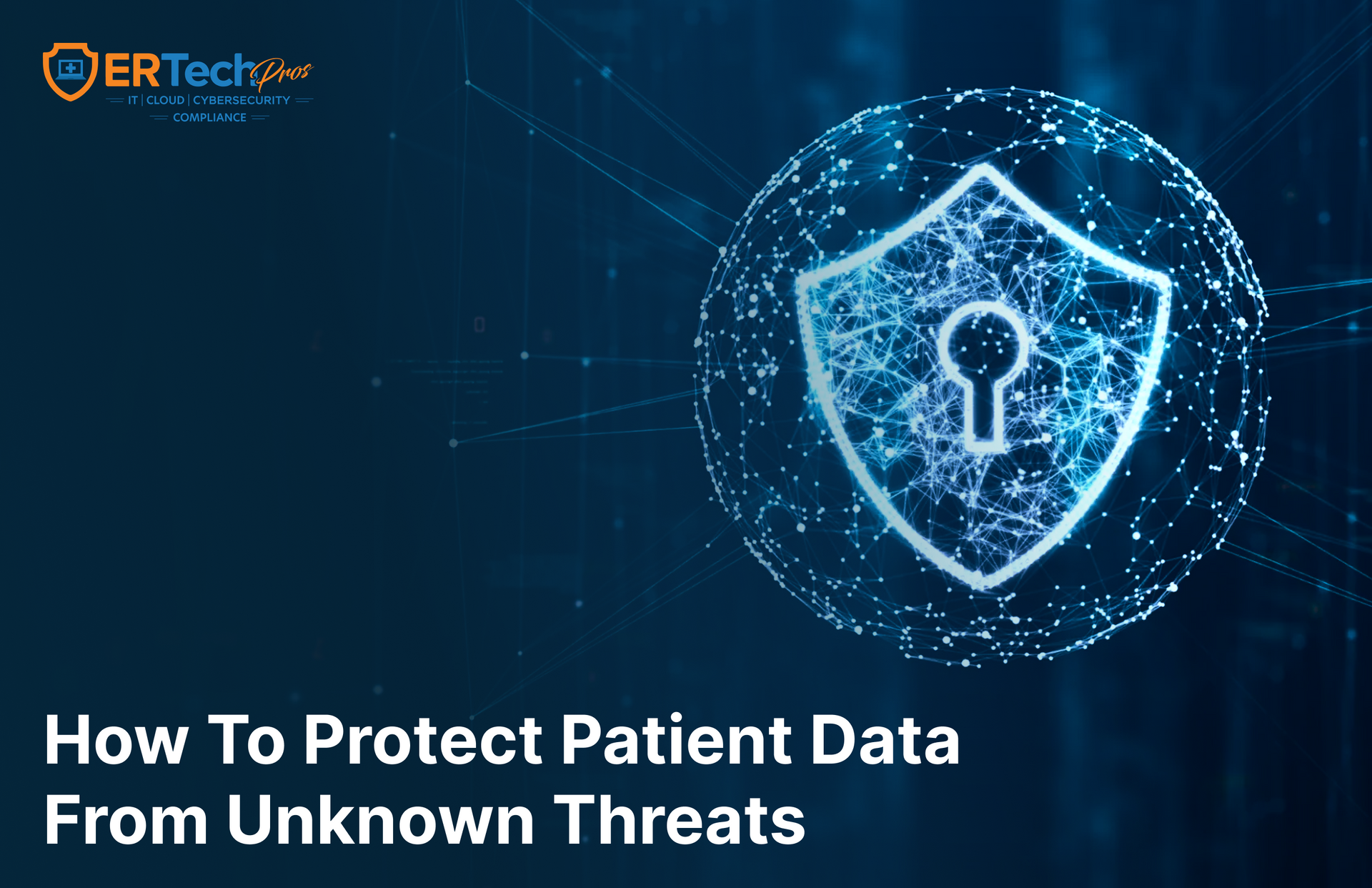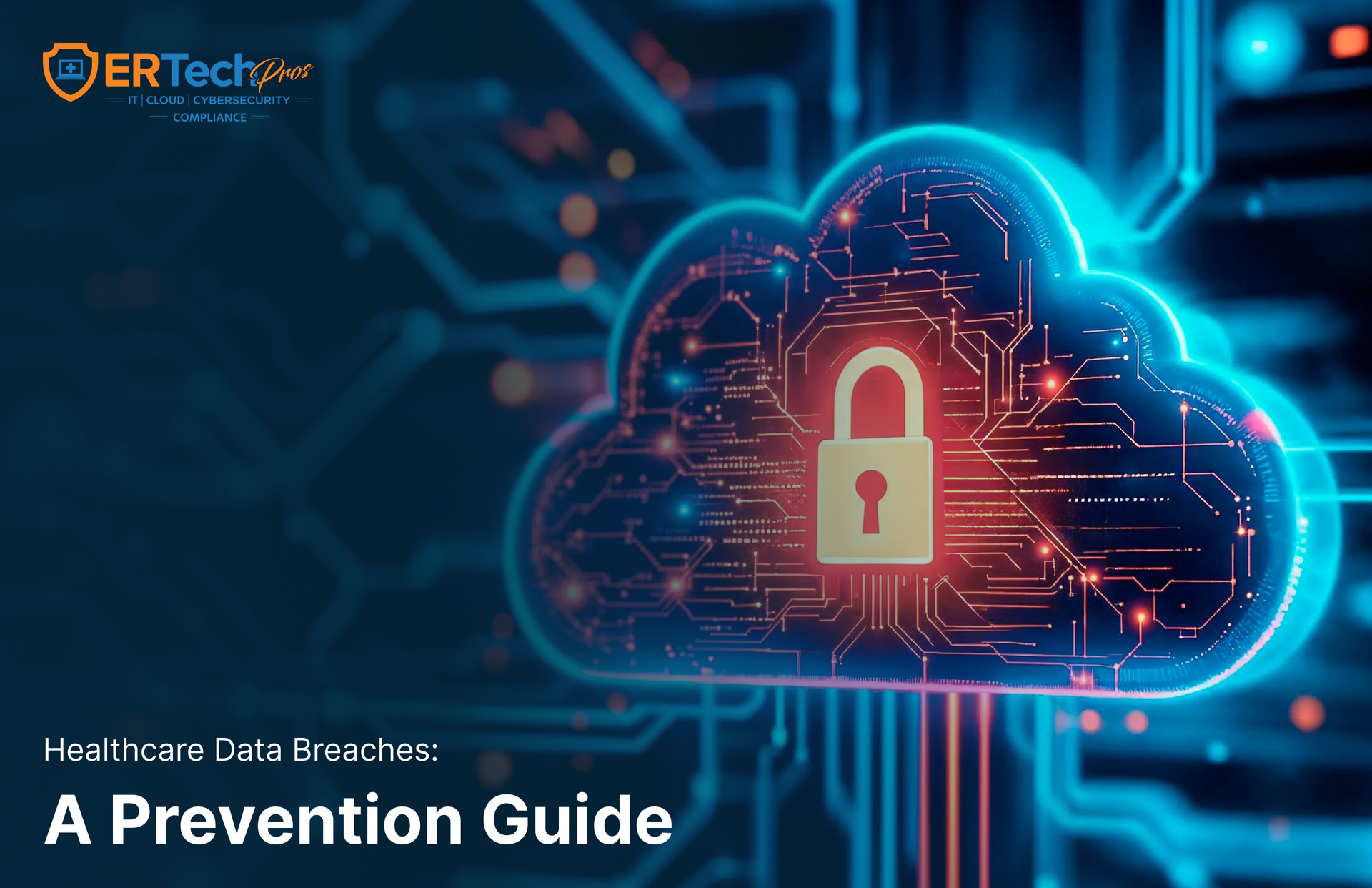10 Types of Malware You Need to Know About

When it comes to keeping your healthcare practice safe from cybercriminals, it's essential to understand how malware can disrupt your operations. Malware is any type of software that can disrupt, damage and gain unauthorized access to sensitive and confidential data. It has the ability to wreak havoc on your healthcare practice and should be taken very seriously.
Here are the top 10 types of malware that you should look out for:
What is malware?
Malware, shorthand for malicious software, is the collective name for software designed to compromise, cause damage, or gain unauthorized access to a computer, server, or network. They are created to exploit devices at the expense of the user and to the benefit of the hacker.
Malware can steal, encrypt, or delete data, hijack core computing functions, as well as monitor the computer activity of users.
Common Types of Malware
Now that we know what malware is, it’s important to keep in mind that malware is a very broad term and that there is a wide variety of malicious programs that fall under it.
And because you need to know them so you can better avoid them, it’s important that you’re familiar with the common types of malware.
Here are 10 common types of malware—some you may remember hearing about in the news many years ago, and some you should still keep an eye out for today.
Viruses
There's nothing worse than realizing your computer has been infected by a virus. You may start to notice your computer acting up or are notified by cyber security systems that your computer has become infected. Put simply, a computer virus is a code that can corrupt your computer's system and access and destroy data. This can alter how your laptop or computer functions and self-replicates from one computer to another. Once you have a computer virus at your business, you need to act quickly before it reaches other employees.
Worms
Computer worms can replicate themselves without human involvement. It travels through network connections and targets all types of people.
Ransomware
Ransomware is damaging software that completely blocks the use of a computer until a certain amount of money is paid to cyber criminals.
Bots
Bots are a type of malware program that infects computer systems and steals critical data.
Trojan Horses
Trojan horses are a type of malware that deceives users. Disguised as trustworthy software or code, trojan horses use deception to gain access to a computer system. Once they have access, they can do any task the normal user would do, such as accessing files, changing data and more. Trojan horses often use phishing to target unsuspecting users.
Keyloggers
Keyloggers is a surveillance technology used to track keystrokes on a device. This can record your keystrokes on a computer as well as passcodes and further information on mobile devices.
Rootkits
Rootkits are notoriously difficult to detect and are usually caused by opening spam emails containing malicious software downloads. Once a rootkit is installed on a computer, it has the ability to change systems and execute files remotely.
Spyware
Spyware is a type of malware that monitors a user's online behavior without them knowing. This helps cyber criminals gather sensitive information about a person or business.
Cryptomining Malware
Cryptomining malware is used by hackers to mine cryptocurrencies such as bitcoin. This type of malware uses a system's CPU to hijack money without the user's knowledge.
Adware
Adware displays advertisements on your device without your consent. This is a common type of malware that is unknowingly installed when users install other legitimate software applications. Adware can sell your sensitive data to third parties, slow down your computer and change your settings.
Get in Touch
The idea of your healthcare practice becoming infected by any of the 10 most common types of malware listed above can be frightening. That's why it's recommended to get in early and protect your company before hackers strike. Get in touch to find out more!
Learn from our experts at ER Tech Pros where your current IT infrastructure falls short and how we can help optimize your systems. Sign up for a complimentary, no-obligation IT assessment today!
Boost Your Clinic’s Cybersecurity Defenses
Over the years, malicious software have increased in number and have evolved into more destructive, more elusive forms. Cybercriminals have doubled down their attacks, which means you should double down on your cybersecurity defenses, too!
Because protected health information (PHI) is so valuable, the healthcare industry has become a warzone. Unfortunately, a free antivirus software and an unmanaged firewall just aren’t enough to keep you safe.
Contact your trusted technology partner and ask for a full IT assessment. Ask them to explain the results of the assessment as well as the necessary next steps to secure your precious practice data.
Don’t have a cybersecurity partner yet? We can help! Our IT pros here at ER Tech can do a
free IT assessment on your clinic’s infrastructure.
Search Articles















